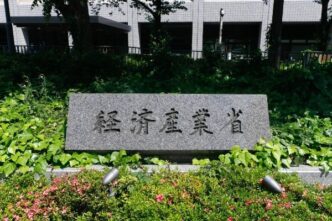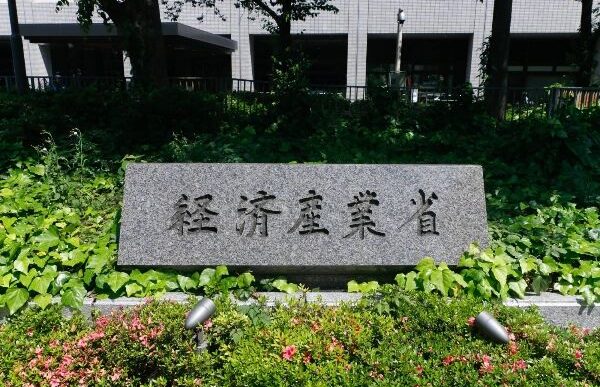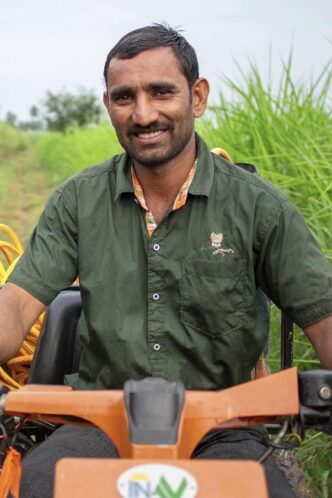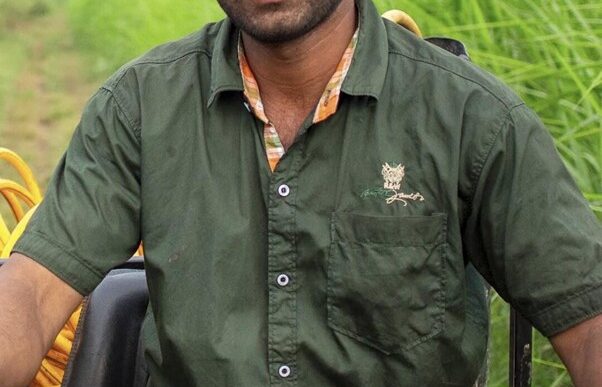Japan’s Ministry of Agriculture, Forestry and Fisheries has issued a stark warning: by 2035, nearly one-third of the nation’s farmland may be left uncultivated due to a severe labor shortage.
The projection, released this week and based on nationwide land use surveys, estimates that more than 1.3 million hectares—about 31 percent of Japan’s 4.22 million hectares of farmland—could fall idle in the next decade.
The Roots of the Problem
Officials point to a combination of rapid depopulation, an aging farming workforce, and shrinking rural communities. Japan’s farmers are among the oldest in the world, with the average age now above 67. As younger generations migrate to cities, fewer successors remain to take over family plots.
Government Response
To address the crisis, the government is planning a series of measures:
- Farm consolidation: Scattered small plots will be merged into larger, more manageable farms to improve efficiency.
- Worker mobility: Programs will encourage workers from other regions and industries to move into agriculture.
- Labor support: Authorities are reviewing ways to strengthen training pipelines and attract new entrants.
Wider Consequences
Experts warn that the decline in cultivated land could ripple through the economy and society. Reduced planting threatens Japan’s food security, could push up consumer prices, and may accelerate the decline of rural villages that rely on farming as their backbone.
Industry groups are urging the government to move faster on reforms, calling for expanded mechanization, digital tools, and smarter pathways for both domestic workers and foreign laborers to enter the sector.
A Tipping Point for Rural Japan
Without swift action, analysts fear that Japan’s agricultural base may erode to the point of no return. “This is not just about farming—it’s about sustaining rural life and ensuring the nation’s food supply,” one expert noted.
For Japan, where rice paddies and orchards have long been symbols of cultural heritage, the challenge ahead is clear: finding new hands to till the land before too much of it is lost.
Source:https://www.facebook.com/share/p/1LnuUKXysH/?mibextid=wwXIfr

















